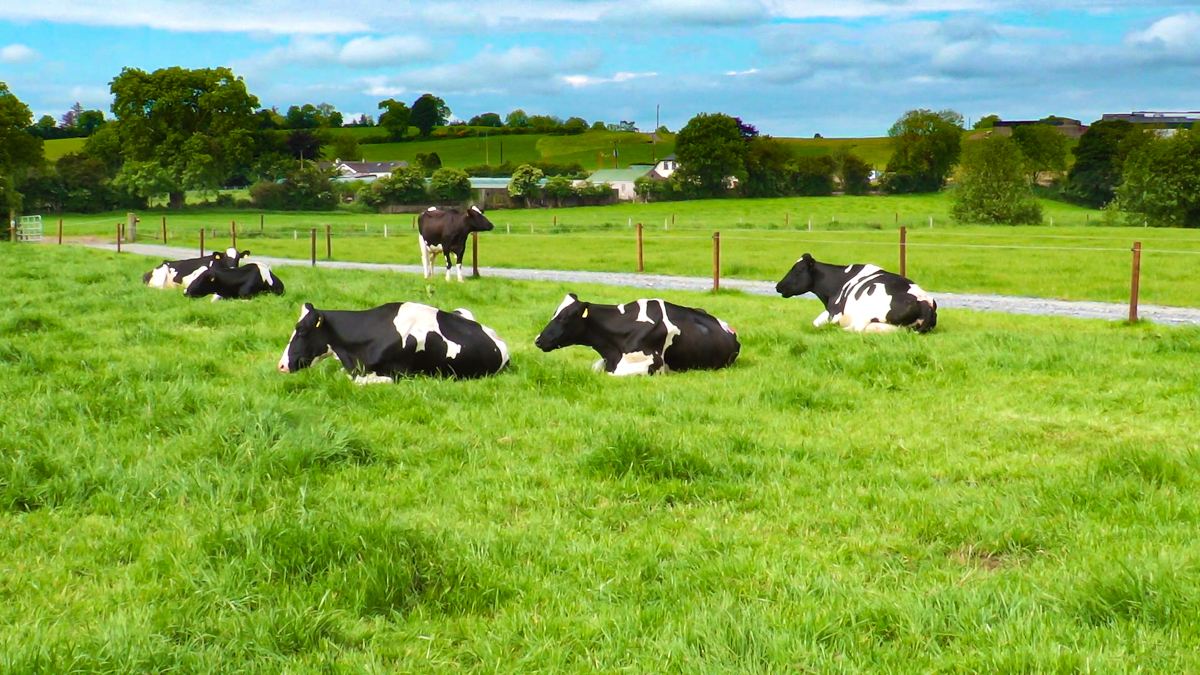The European Commission has officially published a set of proposals to update the Industrial Emissions Directive (IED) which, if adopted by the EU institutions, will see large cattle farms require a permit to operate.
These permits already apply to large pig and poultry operations. However, the new proposals would see the number of pig and poultry farms requiring permits significantly increased.
At present, the permitting regime covers some 50,000 large industrial installations and intensive livestock farms in Europe. These installations need to comply to emissions conditions by applying activity-specific ‘best available techniques’ (BATs) for tackling emissions.
The commission says that the new rules will “cover more relevant sources of emissions, make permitting more effective, reduce administrative costs, increase transparency, and give more support to breakthrough technologies and other innovative approaches”.
The commission says that the permitting system will be “more effective”.
Instead of aiming for the “least demanding limits” of the BATs, permitting will have to assess the feasibility of reaching “the best performance”.
The changes would also tighten the rules on granting derogations to the requirement for permits.
Energy efficiency is set to become an integral part of permits, and “systematic consideration” will be given to “technological and investment synergies between decarbonisation and depollution” when determining new BATs.
Under the new rules, the largest cattle, pig, and poultry farms would be gradually covered, eventually covering about 13% of Europe’s commercial farms, which the commission says are together responsible for 60% of the EU’s livestock emissions of ammonia and 43% of methane.
As farms have simpler operations than industrial plants, all farms covered will benefit from a lighter permitting regime, the commission says.
The obligations stemming from this proposal will reflect the size of farms as well as the livestock density through tailored requirements. The Common Agricultural Policy (CAP) is set to remain a “key source of support for the transition”.
The commission says the new rules will increase transparency and public participation in the permitting process.
An industrial emission portal will be established where EU citizens will be able to access data on permits issued anywhere in Europe. They will also be able to see information on “polluting activities” – as outlined in the new IED – in their local area.
The commission proposal stipulates that member states will have 18 months to transpose this directive into national legislation after it is finally adopted by the European Parliament and the European Council.
